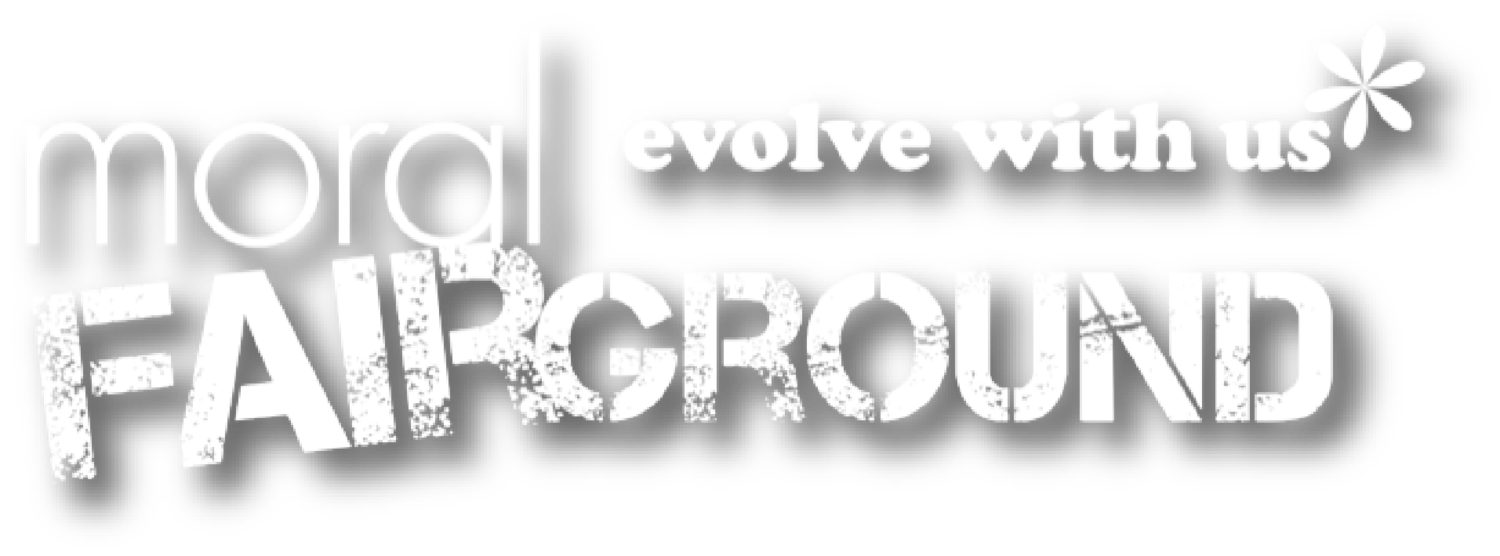An insight into creating sustainable social impact with Felicity Green
In the midst of an ugly pandemic, we are beginning to clearly see how fragile many facets of the economy truly are. We are seeing which homes and businesses have firmer foundations and which ones are dangling from the edge of a cliff on a shoestring. Whether through privilege or through poor planning or somewhere beyond or in between, what seems glaringly obvious in these times is the lack of sustainability in the structure of many homes and businesses worldwide.
Social impact is something that is spoken of in certain circles a lot and in times where the normal is shifting, we need to reassess what is really required to create change. And when we create changes, how can we be so sure that they will continue in that direction and not unravel overnight?
Felicity Green of Spark Strategy explains that creating sustainable changes requires more than the desire to do so, but also a lot of strategy and planning. This may appear obvious, however, attaining the guidance to strategize is not always accessible to all, which is where the ability and volition to “stand for purpose, not just for profit” is truly important in helping the world get back on its feet, and rise, post-COVID.
As Felicity Green is a member of the committee for the EEC 2020: Reset, Rethink, Reboot: Shaping the Impact Economy conference, and thus the 10 Women, 10 Stories, we’ve been looking forward to learning more about Felicity’s inspirations and to learn more about her! We hope you enjoy getting to know more about our team and why they do what they do.
Q. How do you define what you do?/ Define what you do in your own words:
I head up the strategy practice at Spark Strategy, an impact-led agency for strategic thinking, transformation and sustained action. We work to link ideas, capability, and capital for social innovation.
I have a particular interest in creating a financially sustainable Not for Profit sector, so the majority of my work involves strategic planning and business model designed to increase social impact as well as organizational resilience.
I am privileged to work at multiple altitudes; with individual organisations, with coalitions and at systems-level. The focus is to develop new strategies and models that are informed by those with lived experience, with the overall goal of reducing inequity.
We are a B Corp, which means we stand for purpose, not just profit.
Q. What inspired you to begin working in the industry/begin your own business?
I spent several years living in China when I was in my 20’s, and I was exposed to confronting inequity. From that experience, I recognized I had the burden of privilege (a great education, living in a developed society) to use my resources to reduce this inequity.
I have a love of consulting, so in co-founding Spark, the aim was to find a way to use our business skills for good. That’s why all of our projects have a social or environmental impact at their core.
When we launched Spark we realized that there were two main gaps in NFP strategy: 1) approaches that allowed for a transformational strategy to be developed (rather than just ‘last year plus 10%) and 2) approach that integrated business model thinking so that NFPs could consider revenue diversification away from grant-based models.
Q. How does the work you do contribute positively to society and the planet?
Our impact is realized by enabling our clients to do more of the great work that they do. By helping them clarify their purpose, for whom they exist to serve, what problems they can solve and where to focus their resources, we can help them achieve greater impact in their work, be that in family violence, healthcare, disability, etc.
Our business model work helps them to build financial strength and increase their efforts, and our government engagement work helps them to better influence at the policy level.
Q. What excites you most about the concept of ‘shaping the future’?
I think the current pandemic context that we’re in will necessitate a rebuilding of the economy, society, and community. I’m excited by this opportunity as it provides the opportunity for us to do this in a way that considers long-term sustainability.
My hope is that from a structural perspective we will embed mandates such as carbon emission taxes and pay ratio caps and that consumers will choose to purchase from ethical businesses such as social enterprises.
I hope that a light has been shined on certain challenges such as mental health and family violence and that we make large scale cultural shifts to help address these.
And I hope that red tape, which often slows progress at a crippling rate, will be relaxed, as we learn from the quick response that this COVID-19 crisis has demanded.
Q. What advice do you commonly give to those you work with, be it young women, Mum’s, corporate employees, entrepreneurs, business owners etc want to succeed in their industry?
Choose love, not fear- we need to shift old power dynamics and often the only thing holding us back is self-doubt. This isn’t helpful- back yourself!
Q. How can people work with you/ contact you?



